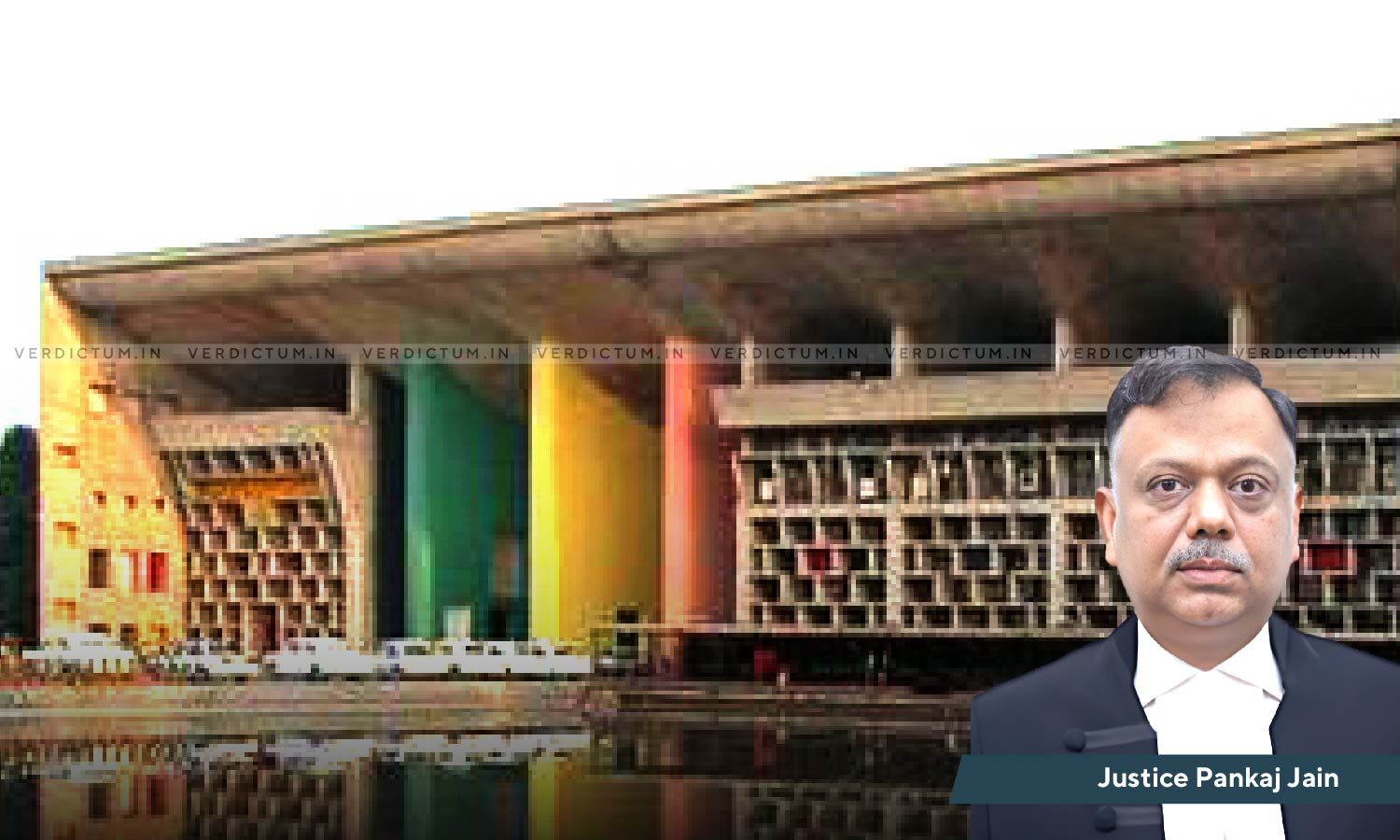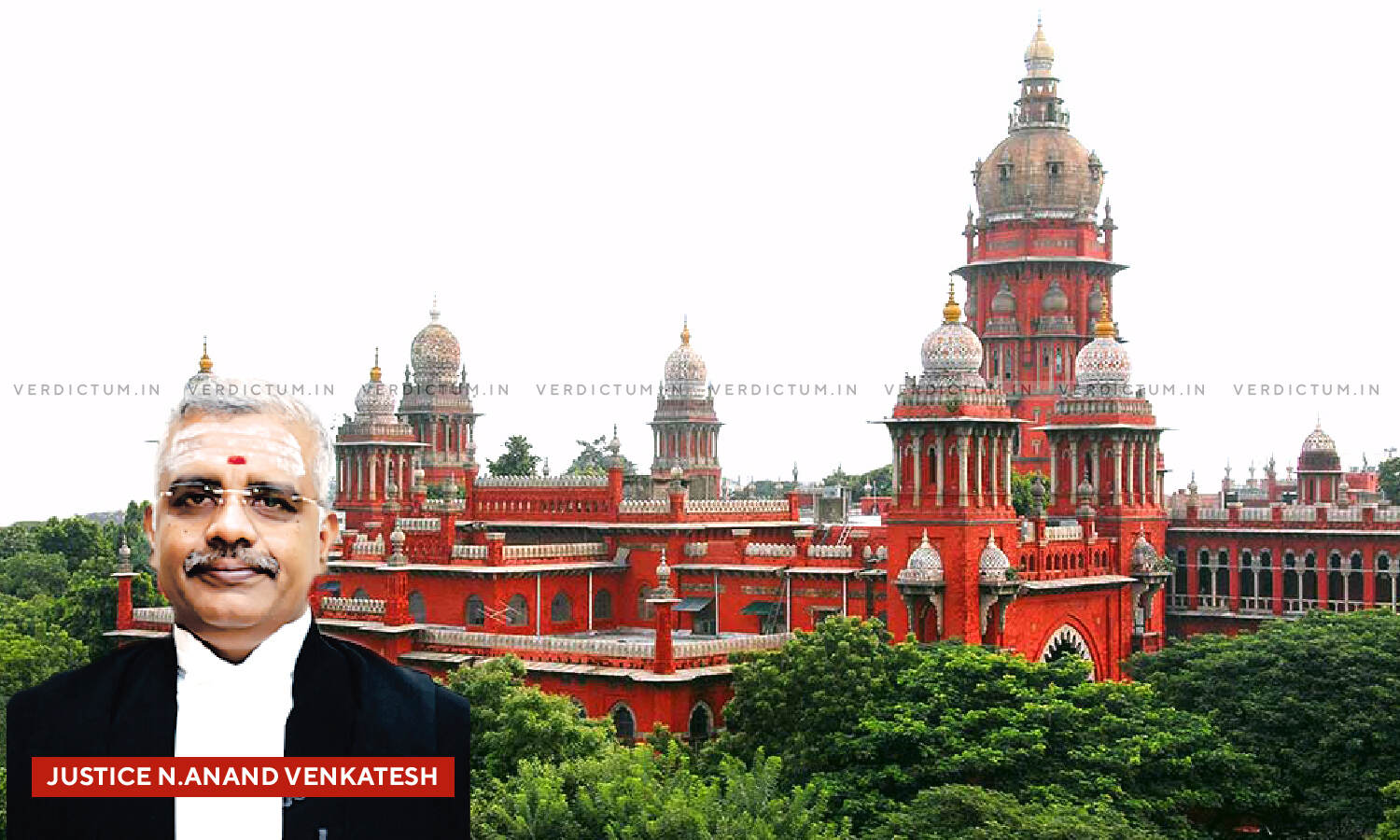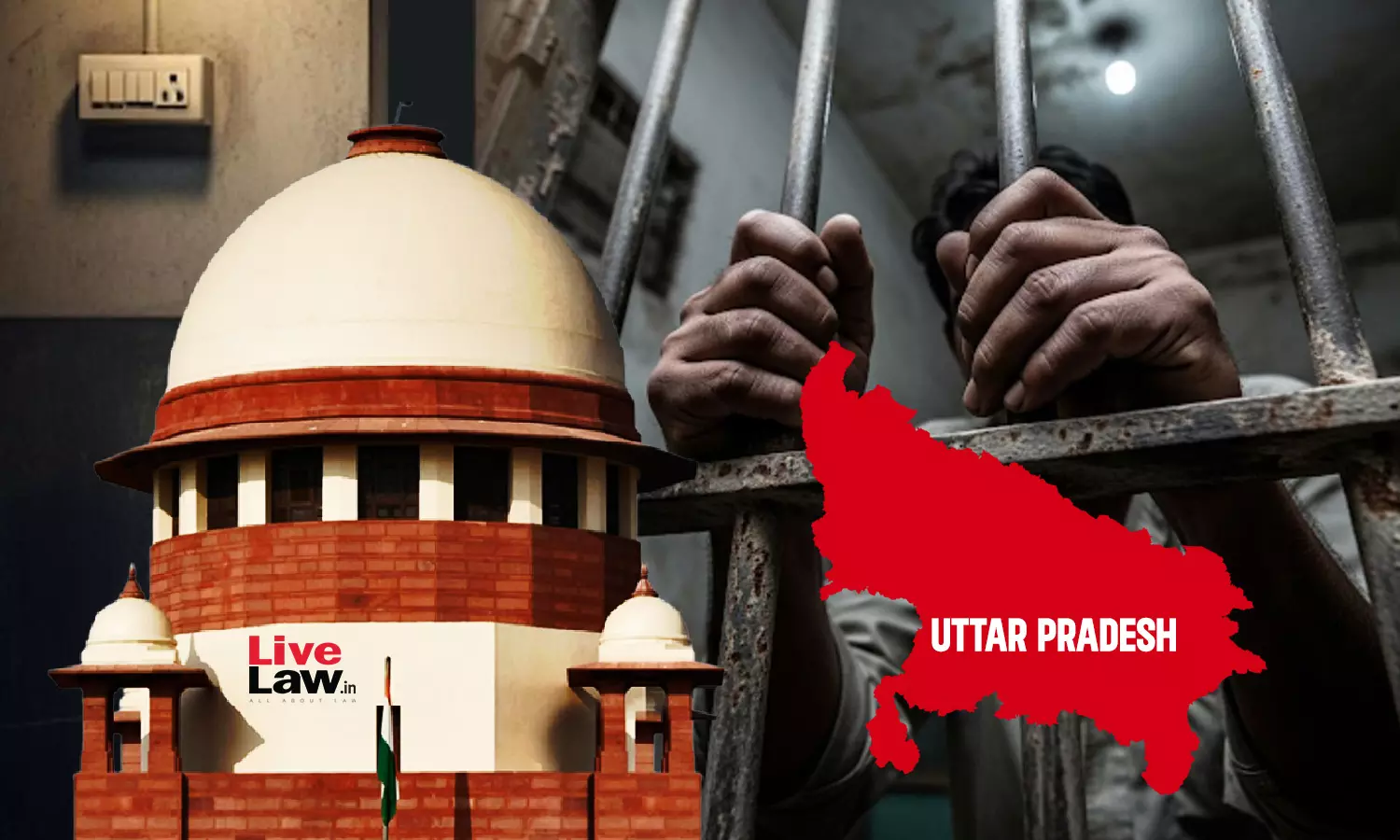Party Barred From Taking Plea Of Duress After Accepting Full & Final Settlement Pursuant To Court Order: Kerala High Court
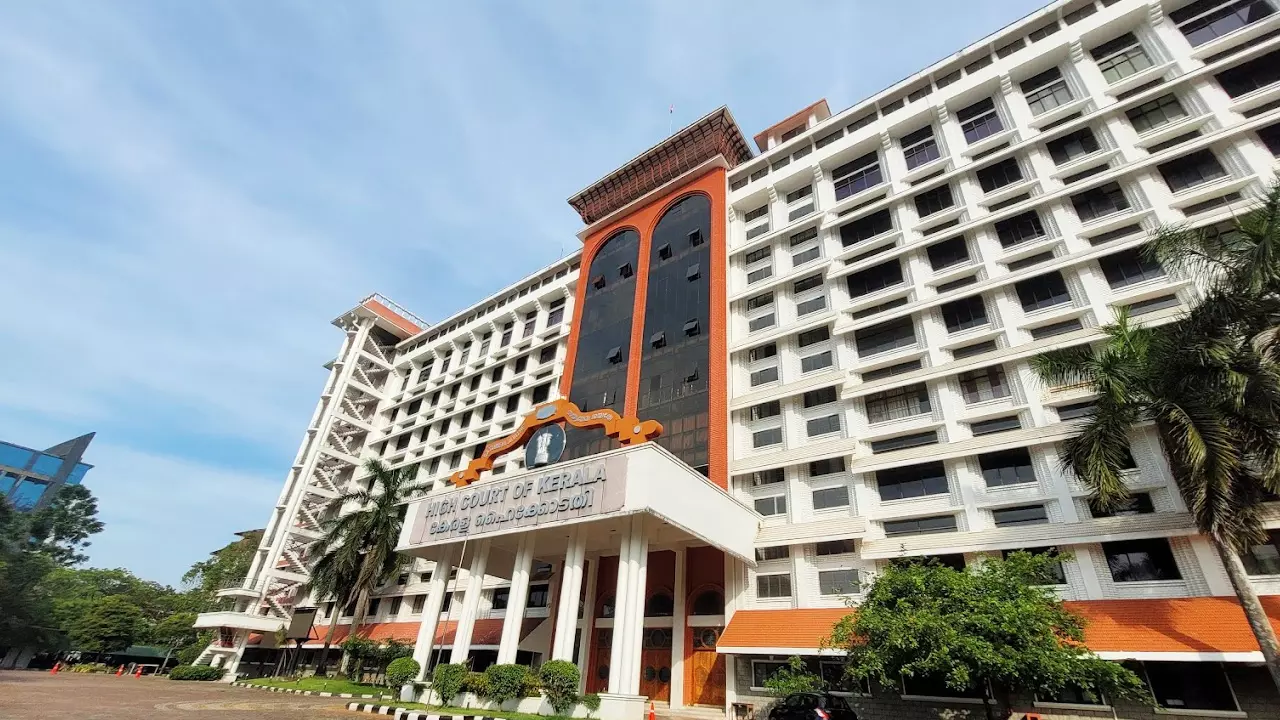
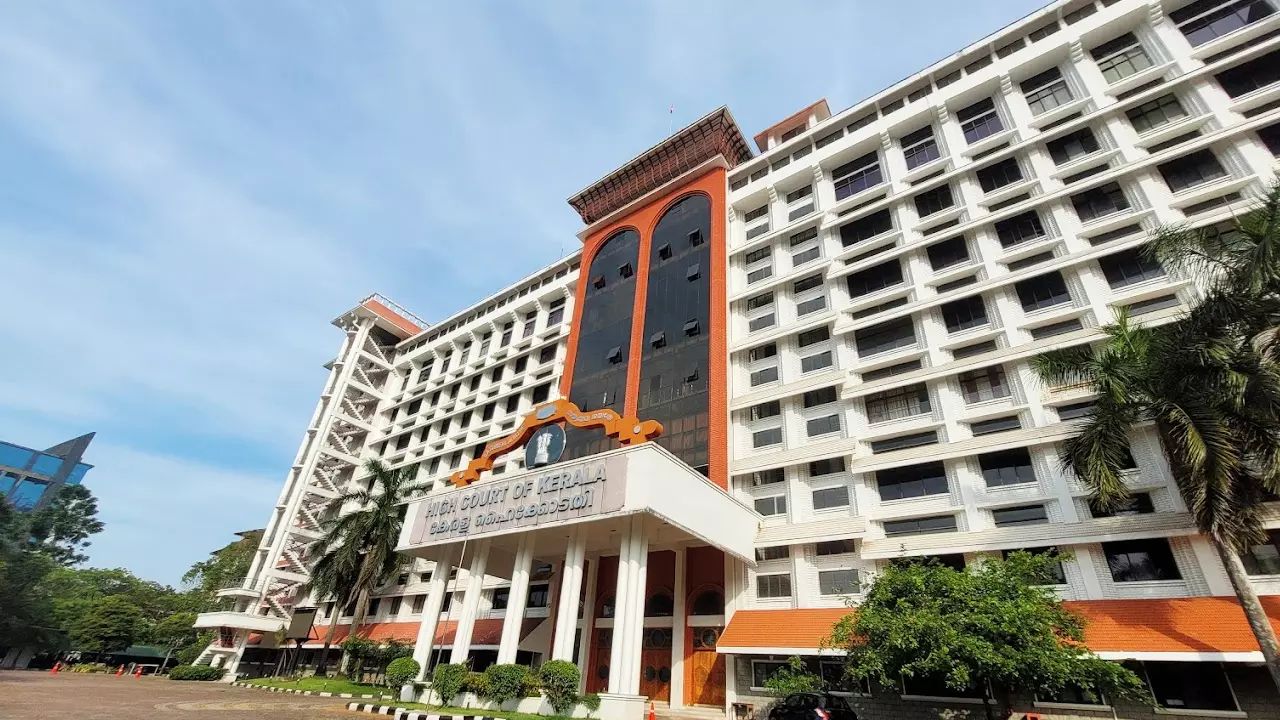
The Kerela High Court bench of Justice Syam Kumar V.M. and Justice Sushrut Arvind Dharmadhikari has held that when the payment due to the petitioner was made by the respondent pursuant to a court order explicitly directing it as full and final settlement of all liabilities, and the petitioner also issued a letter accepting the same, he cannot subsequently claim that the letter was issued under duress or out of necessity.
Brief Facts:
This appeal is filed by the State challenging the judgment dated 19.11.2013 of the learned Single Judge in W.P.(C) No. 7979 of 2008.
The petitioner, a contractor awarded five NABARD-aided projects worth ₹4.17 crore during 1996–98 under the Thrissur Kole Development Project, faced disputes leading to contract termination. After unsuccessful writ proceedings, a government-appointed adjudicator concluded the petitioner was entitled to ₹90,49,387 with interest. Alleging delay in payment, the petitioner filed the present writ petition seeking appropriate reliefs.
While the W.P.(C) was pending, the 1st respondent issued Ext. P17 order dated 26.09.2008, agreeing to pay ₹81,27,312 in full and final settlement. The petitioner sought a direction for payment along with interest, and pursuant to an interim order dated 07.10.2008, the amount was paid. The petitioner issued Ext. P23 letter on 25.11.2008 acknowledging full settlement and undertaking to withdraw the W.P.(C).
However, upon receiving the cheque on 09.02.2009, he immediately issued a protest letter (Ext. P26), claiming the settlement letter was given under duress and reserving his right to claim the full amount of ₹90,49,387 with interest. The writ petition was not withdrawn and was pursued. The learned Single Judge, in the impugned judgment, held that the adjudicator’s order dated 30.06.2005 was an ‘arbitral award’ and the petitioner was entitled to ₹90,49,387 with at least 10% interest per annum.
The Appellant submitted that the learned Single Judge erred in treating Exts. P5 and P10 adjudication reports as ‘arbitral awards’ under Section 36 of the Arbitration and Conciliation Act, 1996, despite there being no arbitration clause or proceedings. The adjudicator was appointed only for technical evaluation, and the reports were not enforceable awards.
It was further submitted that Ext. P23, issued after receiving ₹81,27,312, clearly recorded full and final settlement, evidencing accord and satisfaction. The finding of protest is unsupported, as no such protest was made at the time.
It was further argued that Ext. P23 was never challenged in the writ petition and cannot be impugned under Article 226. Any challenge to it should have been raised under Section 23 of the Contract Act before a civil court. The petitioner is thus estopped from withdrawing the assurance given under Ext. P23.
In reply, the Respondent submitted that the respondents were liable to pay the petitioner ₹2,21,75,291, calculated by applying treasury fixed deposit interest rates on ₹19,49,387 from 20.07.1999 onwards. After deducting the ₹81,27,312 paid on 09.02.2009, a balance of ₹1,40,47,981 remained due.
It was further submitted that Ext. P23 was issued under compulsion, with additions made at the respondents’ behest to secure immediate payment. The learned Single Judge rightly observed that Ext. P23 was altered and not in its original form, supporting the petitioner’s claim of duress.
Observations:
The court noted that The petitioner’s writ petition concerned claims under five construction contracts, alleging breach by the respondents. Earlier writ petitions on the same subject were dismissed by this Court on the ground that disputed questions of fact were involved, which required adjudication through civil remedies, not under Article 226. Subsequent writ appeals were also dismissed. Despite this, the petitioner filed the present W.P.(C), seeking directions for payment under Exts. P6 and P10 ‘awards’.
It further added that the reliefs sought clearly involved factual disputes, making them unsuitable for writ jurisdiction. However, the learned Single Judge proceeded to examine whether Ext. P23 was issued under duress, ultimately holding that the petitioner was not bound by the undertaking in Ext. P23.
The court further noted that as of 07.10.2008, the petitioner had a court order entitling him to claim the admitted sum of ₹81,27,312 from the 1st respondent, and there was no duress compelling him to execute Ext. P23. This letter, issued on 25.11.2008, confirmed full and final settlement of all claims.
It also observed that based on Ext. P23, the 1st respondent issued Ext. P24 dated 09.01.2009, directing release of the amount, which was paid via cheque dated 09.02.2009 (Ext. P25). On the same day, the petitioner issued a protest letter (Ext. P26), claiming Ext. P23 was given under necessity and reserving the right to claim the full awarded amount of ₹90,49,387 with applicable interest. Thus, the petitioner attempted to resile from his earlier undertaking in Ext. P23.
It held that hence, the petitioner’s claim that Ext. P23, dated 25.11.2008, was issued under duress lacks merit. By that date, the Court had already directed payment of the admitted amount of ₹81,27,312 through its order dated 07.10.2008. The petitioner himself produced Ext. P17, which clearly stated that the amount would be paid only upon his acceptance of it as full and final settlement. There was, therefore, no coercion or compulsion for issuing Ext. P23.
The court further opined that the learned Single Judge’s reliance on Ragul Construction Engineers and Contractors is misplaced. In that case, the Court held that to negate accord and satisfaction, there must be proof that the settlement was made under necessity, coercion, or undue influence.
It further observed that no such evidence exists in the present case. Instead, documents such as Ext. P17, the petitioner’s own I.A., and Ext. P23 confirm that the petitioner accepted ₹81,27,312 in full and final settlement. The impugned judgment merely references Ragul Construction without offering any substantive reasoning to justify awarding ₹90,49,387 with 10% interest.
The court further observed that it was open to the petitioner to approach a civil court to claim interest at the prevailing rate under Section 3 of the Interest Act, upon establishing such entitlement. Fixing interest at 10% in a writ proceeding, without proper adjudication, is neither legally correct nor tenable.
It held that the learned Single Judge’s approach to summarily award 10% interest and to interpret documents in a dispute arising purely out of a civil works contract exceeded the scope of writ jurisdiction. Consequently, the finding that the adjudicator had passed an ‘arbitral award’ directing payment of ₹90,49,387 with 10% interest per annum is legally unsustainable and liable to be set aside.
Accordingly, the present petition was allowed.
Case Title:THE STATE OF KERALA VERSUS S. AJAYAKUMAR AND ORS.
Case Number: WA NO. 550/2014
Judgment Date: 11/06/2025
For Appellant: SRI.SUNIL KUMAR KURIAKOSE, GOVT.PLEADER
For Respondent/ Petitioner: SRI.K.BABU THOMAS, R1
SRI.A.ABDULKHARIM, SC, KERALA LAND DEVP.CORPN. LTD. SRI.BAIJURAJ G., SC, KLDC LTD. SMT.M.KABANI DINESH, R4



